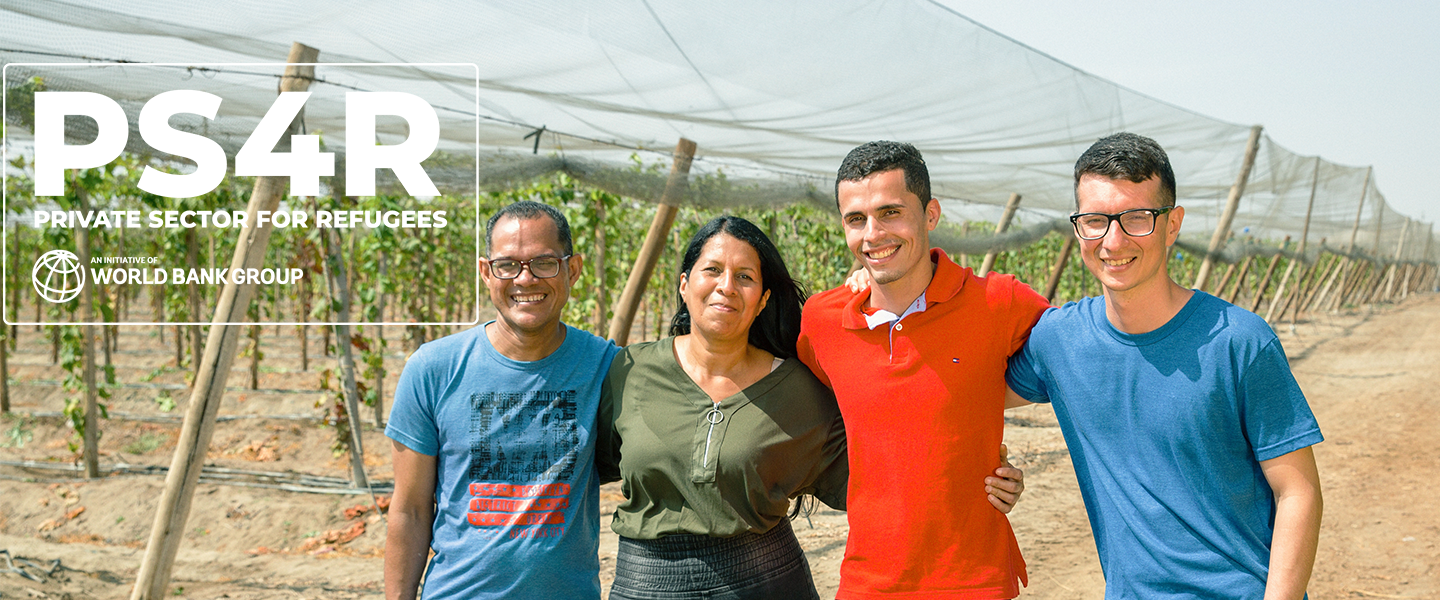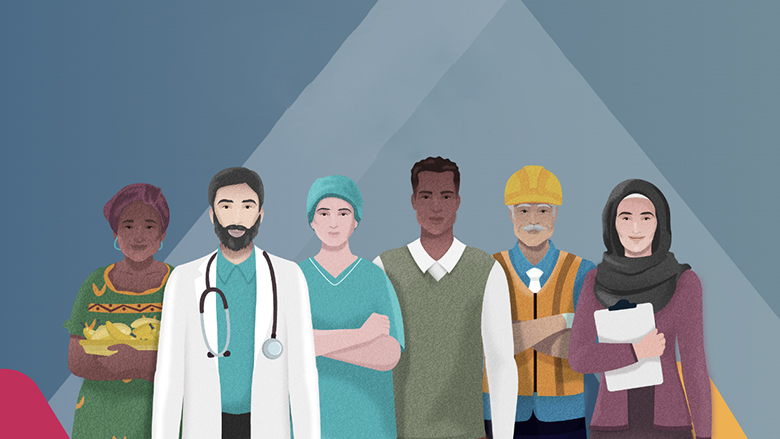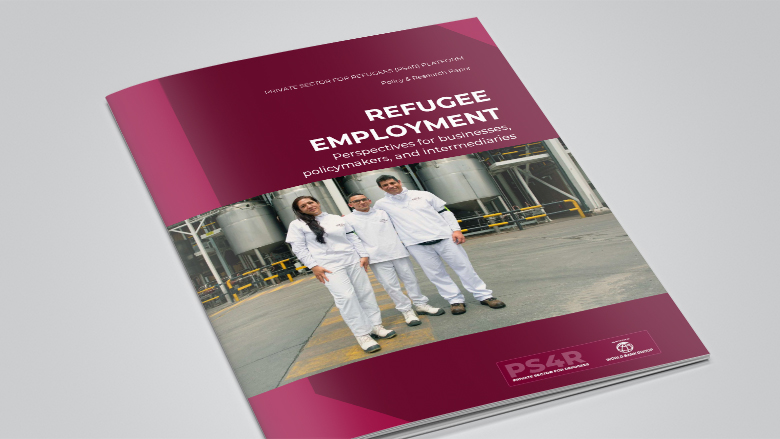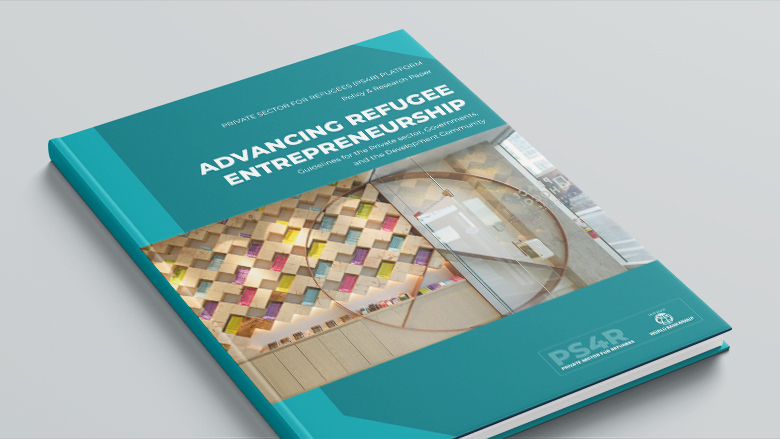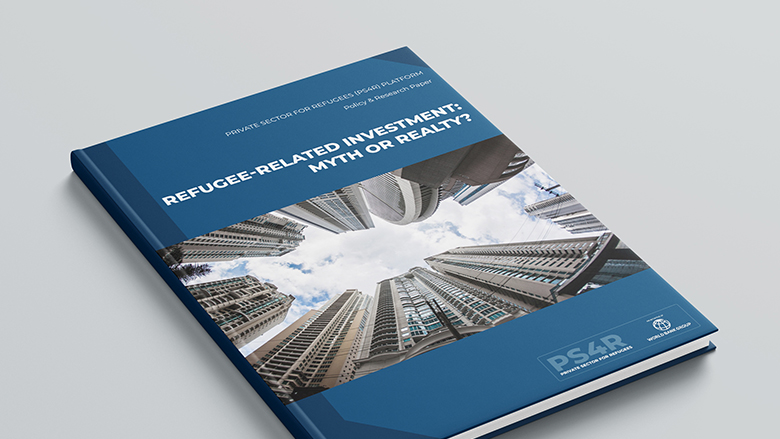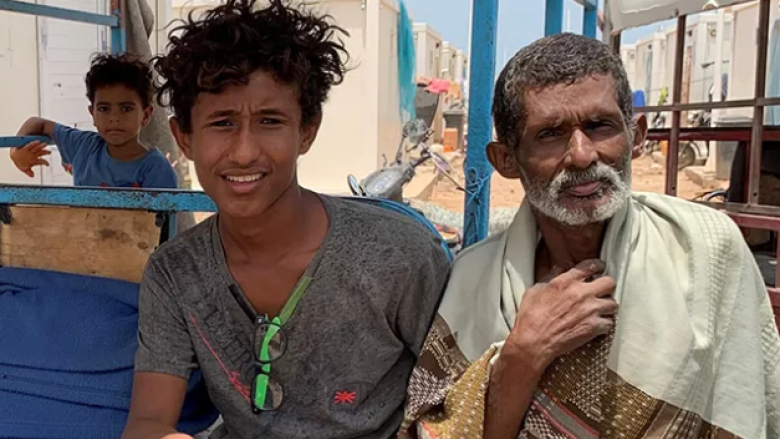Beyond Humanitarian Assistance: Building Bridges Between the Private Sector and Refugees
There are over 100 million forcibly displaced people worldwide, including refugees, internally displaced people, asylum seekers, and returnees.
While humanitarian assistance is vital, so is the need to look beyond and focus on solutions that support economic empowerment. The private sector enables the communities that host forcibly displaced people to become more resilient and the forcibly displaced themselves to become economically empowered, able to rebuild their lives and become self-sufficient.
If forcibly displaced people have opportunities to put their often-overlooked skills, talents, experience, and drive to work, they can participate in the economy instead of depending on public assistance. In fact, the forcibly displaced population includes everything from entrepreneurs and former CEOs to skilled craftspeople and factory-floor workers. They can help boost sectors as employees, but also create businesses, help expand their host-community economies and employ themselves and others, including people from the local population.
Businesses and investors can benefit. Not only do forcibly displaced people often make for exceptional employees, but companies that are run by, employ, or service the forcibly displaced can be excellent investment targets or business-to-business suppliers in regional or global supply chains. And if businesses pivot to address the needs of incoming populations, they can find new customers for products and services geared to needs and tastes of those who have been forcibly displaced.
But the forcibly displaced are too often disconnected from economic opportunity, and too often viewed as a burden. Their pathway to self-sufficiency can be blocked. It can be difficult for them to find work, access credit, start a business, or get needed goods and services. An enabling environment, along with awareness of the mutual benefits between the private sector and the forcibly displaced, is required.
Homepage image: Refugees working for a mango supplier in Peru. Photo by Felipe Flórez Ramos for UNSTUCK.
